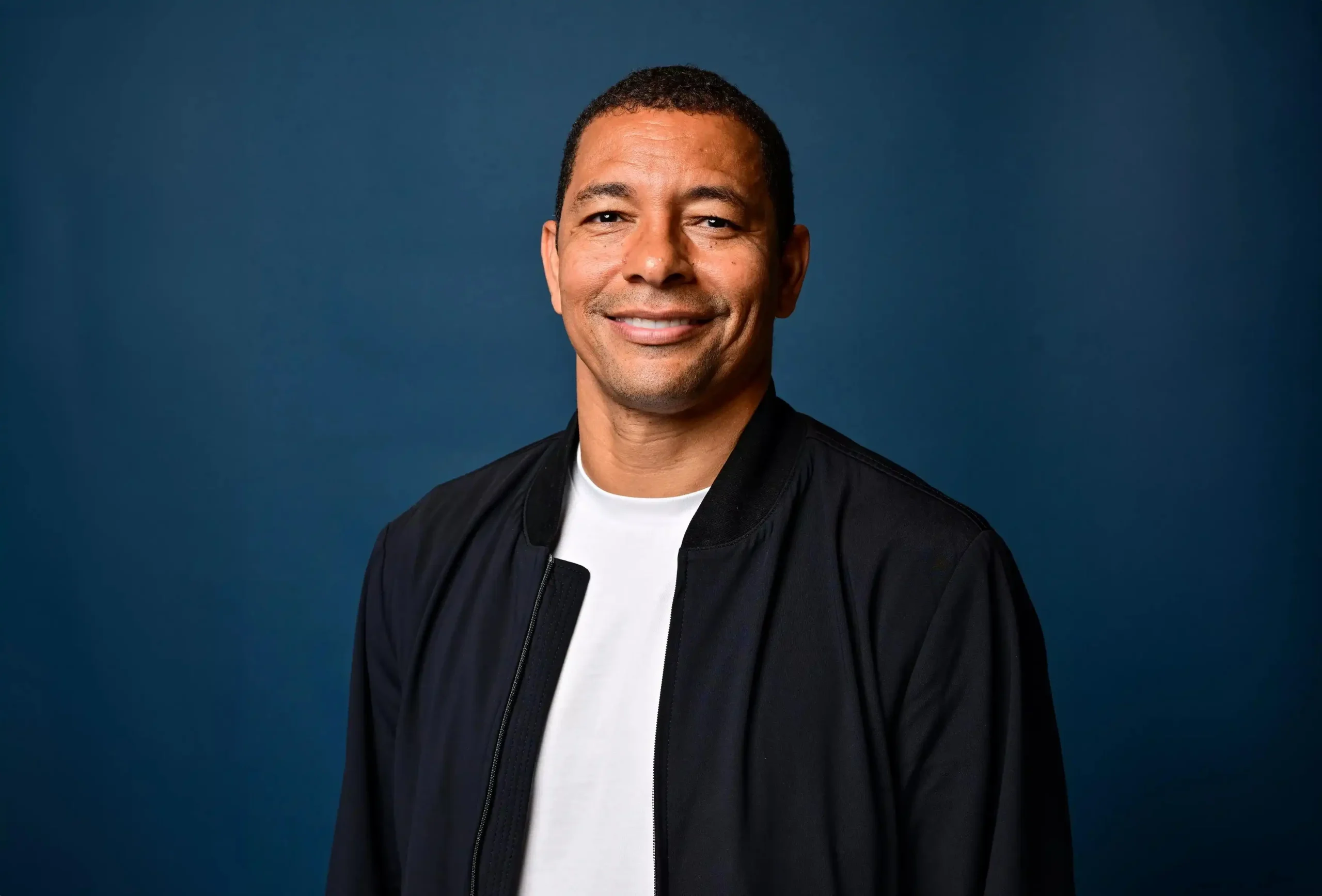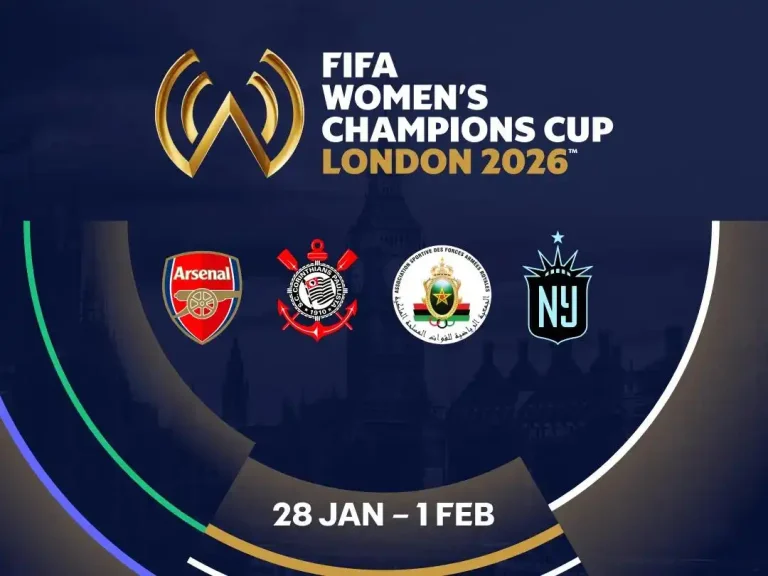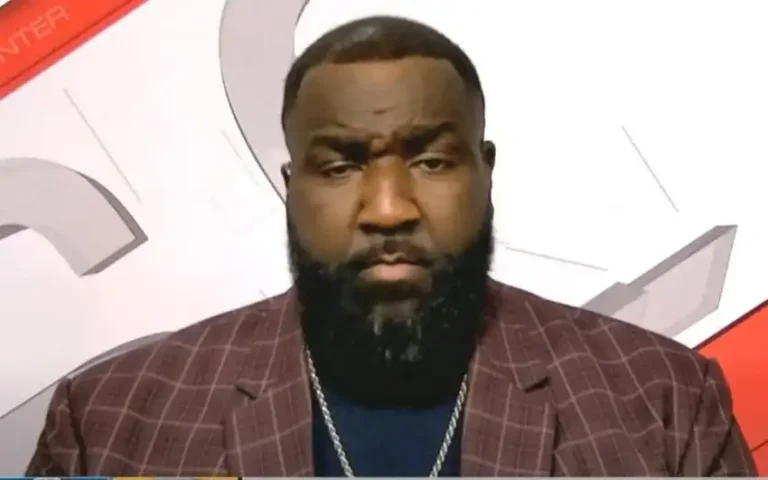Gilberto Silva was 25 by the first time he came up against players from a different continent, as Brazil opened their 2002 FIFA World Cup Korea/Japan™ campaign against Türkiye.
The defensive midfielder had only played against a handful of South American sides for the national team by then, but at that tournament, Brazil faced China PR, Costa Rica, Belgium, England, Türkiye again and Germany, as the Seleção earned their fifth global crown.
Not long after that World Cup triumph, Gilberto went on to sign for Arsene Wenger’s Arsenal and was an integral part of their famous ‘Invincibles’ season of 2003/04, in which they became the first English side for more than 100 years to go an entire top-flight season unbeaten.
Watch live matches for free on DAZN
In his new role as a member of FIFA’s Technical Study Group (TSG), Gilberto has enjoyed seeing two Brazilian clubs reach the quarter-finals of the FIFA Club World Cup 2025™. He spoke to FIFA about the four sides who headed to the finals and the impact that their performances at the tournament could have on football back home in Brazil.
Gilberto Silva: I’m over the moon. Even the two clubs that have already been knocked out of the tournament were magnificent in the group stage. A lot has happened in Brazilian football, and there isn’t a lot of faith in it generally speaking. There are questions around whether or not we are on the right path. In that sense, this tournament could not have been better for Brazilian football, firstly to show that we do have the quality, not just on the pitch but in management too, in the technical aspects of each team.
Without a doubt. In a way it also serves as a comparison to the clubs that are here. It allows them to see what level we’re really at in world football. It puts everything into a bit of context. We could always try to compare Brazilian clubs but we never really had the opportunity to play against European clubs in a competition such as this one. European football is certainly the highest level in the world, with the most resources, and now we’ve been able to see [Brazilian teams] test themselves against those clubs.
As well as that, we’ve had the chance to learn about clubs from other continents. For example, I didn’t know much about Mamelodi Sundowns or Wydad Casablanca. You only get that opportunity at a tournament like this. I think that, regardless of their results, it’s a great experience for the Brazilian clubs and they will be able to go home thinking about the positives and the things they can improve on. It’s an opportunity to review the work they’ve been doing, not just on the technical side but in the management of each club. They’ve had the opportunity here to interact with the world of football, to network and to see how things are being done abroad.
They all have their own identity and style of play. That’s something that doesn’t really change. You have to try to develop within your identity and improve on tactical, physical and technical aspects, but all within your style of play.
Botafogo went into their game against the winners of the UEFA Champions League with everyone expecting them to lose, but they won. They set up well defensively, but also used their two forward players well in Artur and Igor [Jesus]. They were able to ease the pressure, but instead of playing within themselves, they were more open, picking up the ball and opening up the Paris Saint-Germain defence on the counter-attack.
Then you have Fluminense playing in another way under Renato [Gaucho], who sets up the team in the way he sees fit. They play a more possession-based style and it brings results.
Abel [Ferreira]’s Palmeiras are a team that know how to close down sides very effectively, but at the same time are very strong on the counter-attack. They can hurt teams with high-quality players. It’s not just the 11 players who start the match, because they also have quality on the bench and that’s important in a tournament like this. It’s tough to win with just 11 players.
I think Flamengo have played very well, they’ve set up well tactically. They like to keep possession and they have a lot of quality on the ball, it’s great to watch. They’re capable of dictating the pace of the game. They are composed when they need to defend, then they can break at speed. They were knocked out by FC Bayern München, one of the European giants, and there’s no disgrace in that.
What can we expect from the final rounds?
I’ve been really pleased with what I’ve seen so far and I hope to see them continue to progress through the tournament, because I think it’s important for us. Some Brazilians may be watching through the lens of the club that they support, and that’s to be expected, but it’s important to understand how important it is that we have Brazilian teams here competing. Four Brazilian clubs qualified for this tournament, but we had 12 European clubs, which is the largest amount [from any confederation] and is always the case at this kind of tournament. So, we have fewer teams in the competition, and that makes it even more impressive when we see Brazilian teams doing well. I hope that they can keep progressing.
Buy tickets to watch the FIFA Club World Cup 2025 live
This interview was conducted prior to Fluminense’s victory over FC Internazionale Milano.



